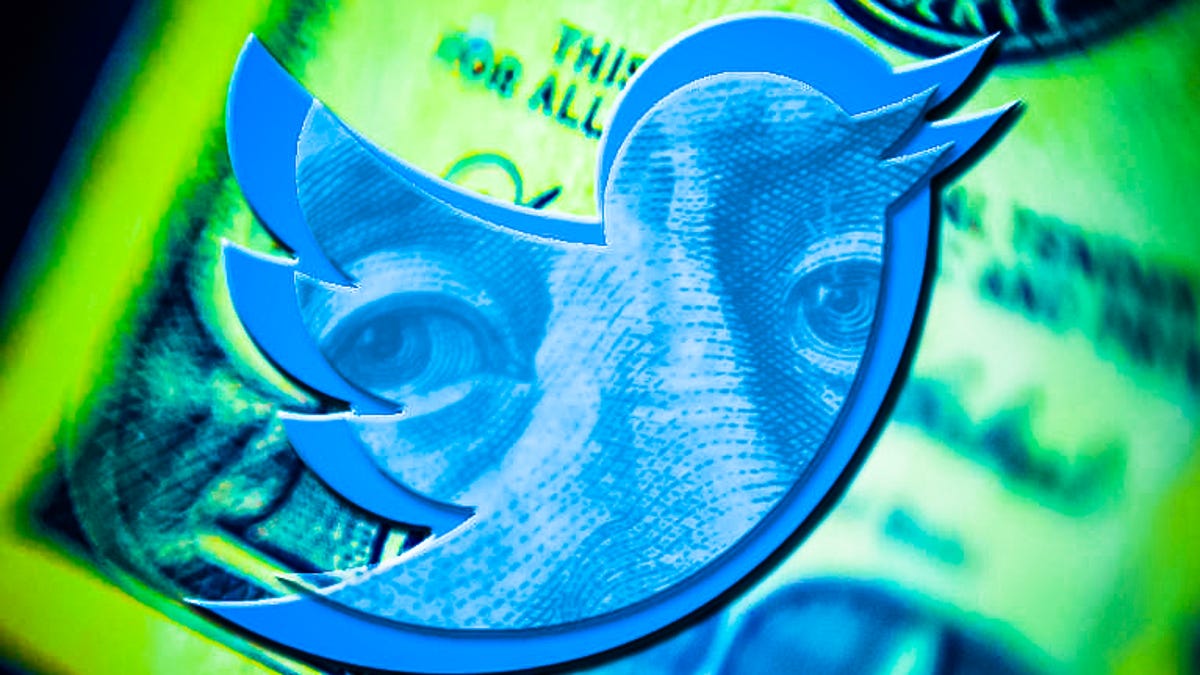Twitter's user count drops as it steps up its fight against bad behavior
The company's user count edges downward amid rising concerns about harassment, Russian meddling, hoaxes and more.

Twitter is having its Facebook moment. But probably not the one it was hoping for.
The social media company, which has always been a second fiddle to Facebook despite being the communication service that helped power political movements including the Arab Spring, #BlackLivesMatter and #MeToo, has hit a new rough patch. Now, Twitter said Friday, it's struggling to maintain users users too, a day after Facebook said it saw a user drop in Europe.
For the second quarter, which ended June 30, Twitter reported 335 million users who logged in at least once a month, down from the 336 million users it counted in April.
Twitter already faces hard comparisons to Facebook. Its size is only about a seventh of the more than 2.5 billion Facebook counts across its website, the WhatsApp messaging service and the Instagram photo-sharing app. And though both companies rely on technology to target advertisers' messages at users, Twitter's barely been able to eke out a profit, while Facebook continues to generate billions.
But just like Facebook, Twitter said it's hitting a limit on how many people it can attract to its service, raising hairy questions about what these services can become. And, following Facebook's report of a drop of users in Europe, concerns are mounting about whether Twitter could feel the pinch as well. While Facebook suffered the worst single-day stock selloff in US history Thursday when its shares dropped more than 18 percent, Twitter's stock also fell Thursday, though less than 3 percent.
Following its second-quarter report Friday, Twitter's shares fell more than 12 percent in pre-market trading to $37.88 apiece.
"Twitter's value as a daily service is enhanced when the conversation on the platform is healthier and people feel safe freely expressing themselves," said Twitter CEO Jack Dorsey, while speaking on a conference call Friday. He added that the company started using new tools to address new tools that address bad behavior and spam."er. This is important work that complements what we're doing to connect people with interest and help them discover information."
Under pressure
Before all the drama about Facebook's earnings , Twitter still faced fundamental questions about its service.
Over the past several months, the company said it's been more aggressively removing accounts that violate its rules. The Washington Post put that number at about 70 million each month, punishing follower counts for prominent Twitter users such as President Donald Trump, singer Katy Perry and others, who ended up losing hundreds of thousands of followers.
It's also been criticized over concerns that it is inconsistently enforcing its rules. Trump on Thursday accused Twitter of "shadow banning" prominent conservative voices. The practice makes people's posts visible only to them, and no one else, effectively banning them without their knowing. Twitter said it's not malicious, but rather a bug in its system.
Twitter also faces concerns over bots, automated computer programs posing as real people to tweet and retweet messages in an effort to amplify everything from a supposed celebrity's latest missive to divisive messages from Russian trolls. Twitter's said it's battling the problem, but an investigation published in January by The New York Times suggested it wasn't doing enough.
In the meantime, Twitter's business, heavily dependent on advertising, is hanging in there. The company reported 17 cents per share in profits, after adjustments for items like stock-based competition, on revenue of $711 million, up about 24 percent year over year. Analysts polled by Thomson Reuters had expected an adjusted income of 17 cents per share on nearly $697 million in revenue.
First published July 27 at 4:13 a.m. PT.
Update at 5:35 a.m. PT: Adds information from Twitter's conference call with analysts.
Cambridge Analytica: Everything you need to know about Facebook's data mining scandal.
iHate: CNET looks at how intolerance is taking over the internet.



